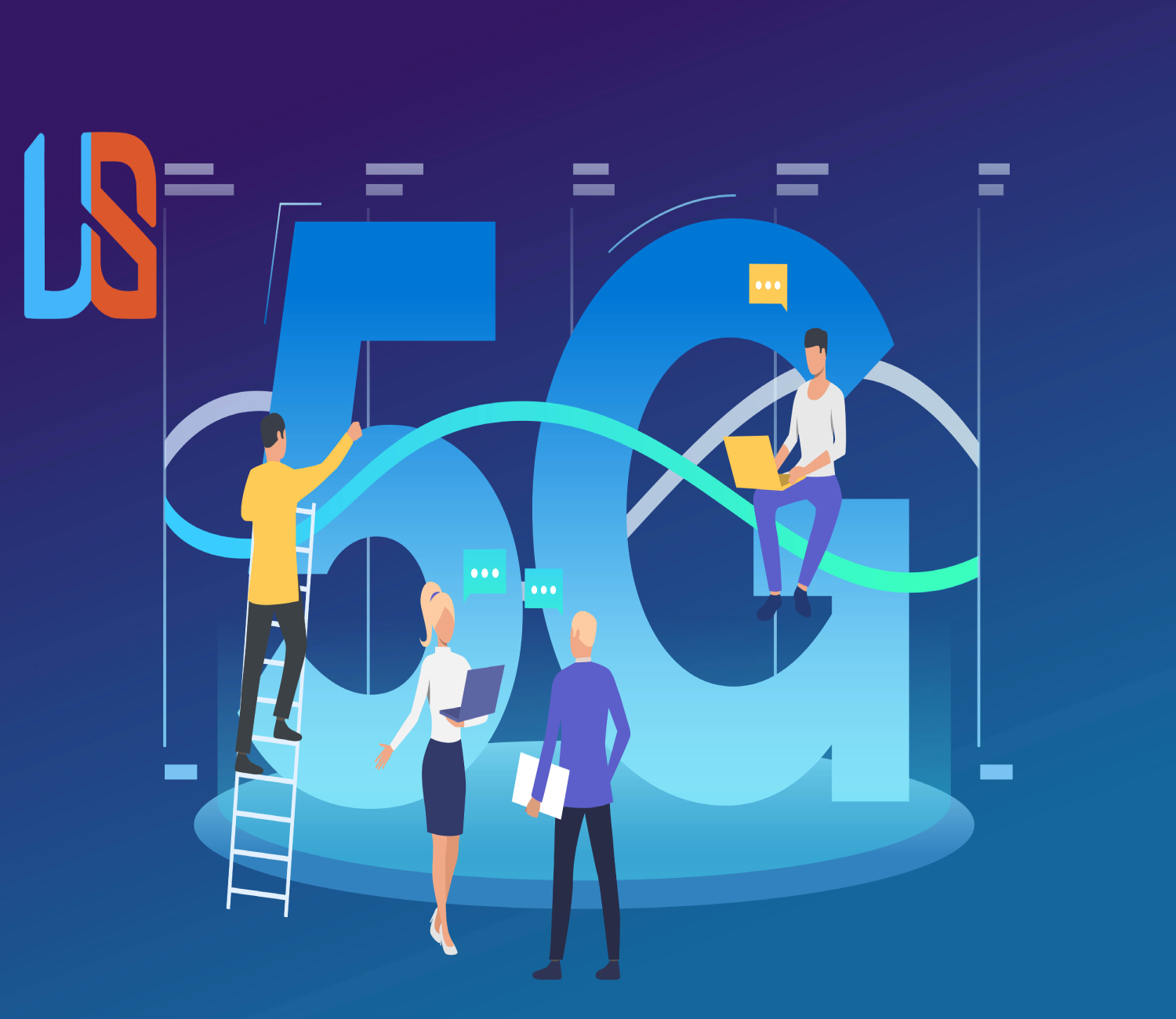
The rollout of 5G technology has sparked a wave of excitement and anticipation across various industries. With its promise of faster speeds, lower latency, and increased capacity, 5G is expected to revolutionize the way we connect and communicate. Beyond just enhancing consumer experiences, 5G technology is set to have a profound impact on business operations. This article explores the potential implications of 5G technology on businesses and how it can drive innovation, efficiency, and growth.
Ultra-Fast and Reliable Connectivity
One of the most significant advantages of 5G technology is its ultra-fast and reliable connectivity. With download speeds that are up to 100 times faster than 4G, businesses can enjoy seamless access to data, applications, and cloud services. This increased speed and reliability enable real-time collaboration, video conferencing, and faster data transfers, enhancing overall productivity and communication among employees.
Empowering the Internet of Things (IoT)
5G’s low latency and high capacity make it a game-changer for the Internet of Things (IoT). It can support a massive number of connected devices, enabling businesses to deploy and manage IoT solutions more efficiently. From smart factories and connected vehicles to smart cities and industrial automation, 5G empowers businesses to unlock the full potential of IoT, leading to improved operational efficiency and data-driven decision-making.
Enhanced Mobile Workforce
For businesses with a mobile workforce, 5G technology offers a transformative impact. With faster and more reliable mobile connectivity, employees can access critical information and collaborate with colleagues from virtually anywhere. This flexibility fosters remote work capabilities, allowing businesses to tap into a broader talent pool and adapt to changing work dynamics
Boosting Augmented and Virtual Reality
5G’s low latency and high bandwidth play a vital role in enhancing augmented reality (AR) and virtual reality (VR) experiences. In sectors like healthcare, education, and retail, businesses can leverage 5G to deliver immersive and interactive AR/VR applications. For instance, AR can facilitate remote training sessions, and VR can enable customers to try products virtually, leading to improved customer experiences and engagement.
Revolutionizing Supply Chain Management
In supply chain management, 5G technology can drive significant improvements. With real-time tracking and monitoring capabilities, businesses can gain deeper insights into their supply chains, ensuring better inventory management, reduced downtime, and optimized logistics. 5G’s ability to handle large amounts of data quickly allows for enhanced predictive analytics, helping businesses make data-driven decisions and improve overall supply chain efficiency.
Enabling Edge Computing
5G paves the way for edge computing, where data processing occurs closer to the source of data generation. This decentralization of data processing reduces latency and minimizes the need to transfer vast amounts of data to centralized cloud servers. Businesses can harness edge computing to deliver faster responses and improve the performance of applications, making it ideal for industries like healthcare, manufacturing, and autonomous vehicles.
Redefining Customer Experiences
The combination of 5G and emerging technologies like AI and AR/VR redefines customer experiences. Businesses can offer personalized and immersive experiences to customers through real-time interactions, dynamic content, and AR/VR-based engagement. This creates a competitive advantage, fosters customer loyalty, and opens up new revenue streams.
Challenges and Security Considerations
While 5G technology brings tremendous opportunities, it also comes with challenges and security considerations. Businesses must address concerns related to data privacy, network security, and the potential for cyber threats. Implementing robust security measures and adhering to industry regulations are crucial in safeguarding sensitive data and maintaining customer trust.
Collaborative Ecosystems and Partnerships
To fully harness the potential of 5G technology, businesses are likely to form collaborative ecosystems and partnerships with technology providers, telecommunication companies, and other stakeholders. Such partnerships can lead to shared resources, expertise, and accelerated innovation, driving business growth and market competitiveness.
FAQs
5G technology has a profound impact on business operations, offering various benefits:
Ultra-fast and reliable connectivity
Empowering the Internet of Things (IoT)
Enhancing the mobile workforce
Boosting augmented and virtual reality experiences
Revolutionizing supply chain management
Enabling edge computing
Redefining customer experiences
Fostering collaborative ecosystems and partnerships.
The low latency and high capacity of 5G support a massive number of connected devices, allowing businesses to deploy and manage IoT solutions more efficiently. This empowers businesses to unlock the full potential of IoT, leading to improved operational efficiency and data-driven decision-making.
5G technology offers real-time tracking and monitoring capabilities in supply chain management, leading to better inventory management, reduced downtime, and optimized logistics. Enhanced predictive analytics with 5G improves overall supply chain efficiency.
The combination of 5G technology with emerging technologies like AI and AR/VR redefines customer experiences. Businesses can offer personalized and immersive experiences to customers through real-time interactions, dynamic content, and AR/VR-based engagement, fostering customer loyalty and competitive advantage.
Challenges related to 5G technology for businesses include data privacy concerns, network security, and potential cyber threats. Implementing robust security measures and adhering to industry regulations are crucial in safeguarding sensitive data and maintaining customer trust.
Conclusion
5G technology’s impact on business operations goes beyond faster internet speeds. Its transformative capabilities pave the way for new business models, improved customer experiences, and optimized operational efficiency. As businesses embrace the potential of 5G, they must also navigate challenges related to security and collaboration. Ultimately, 5G technology is poised to revolutionize how businesses operate, facilitating the next wave of digital transformation and opening doors to a new era of innovation and connectivity.





